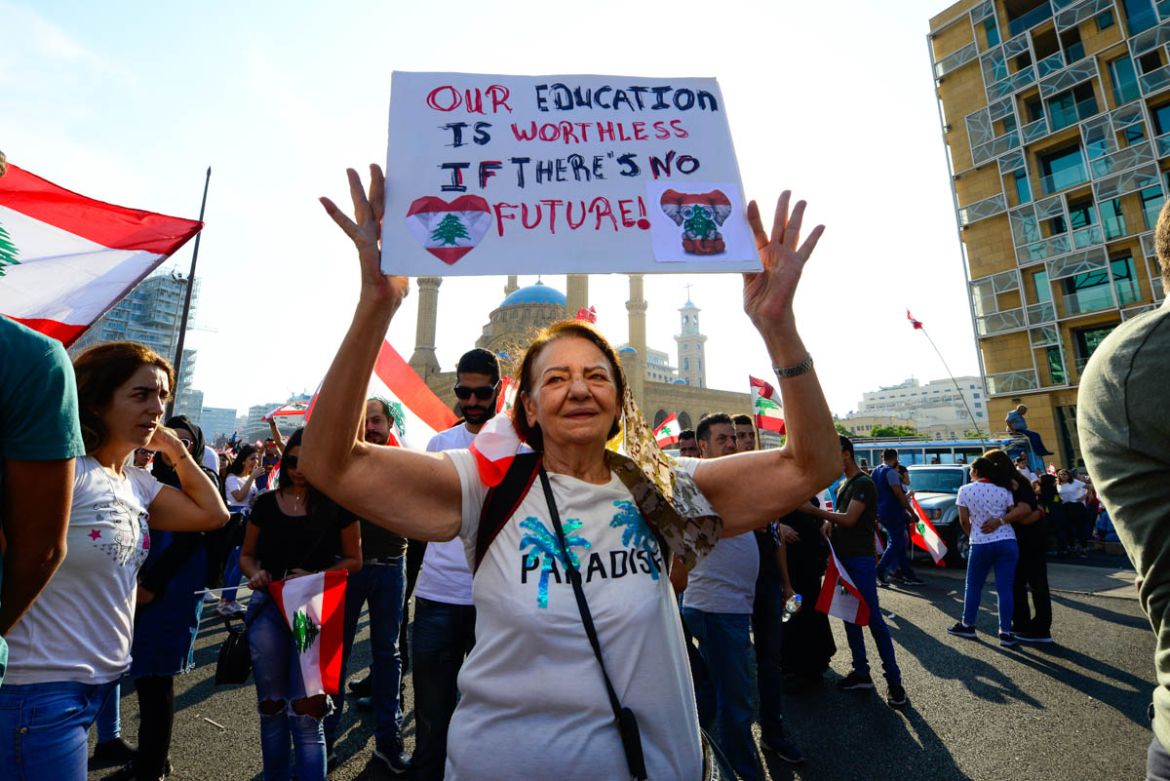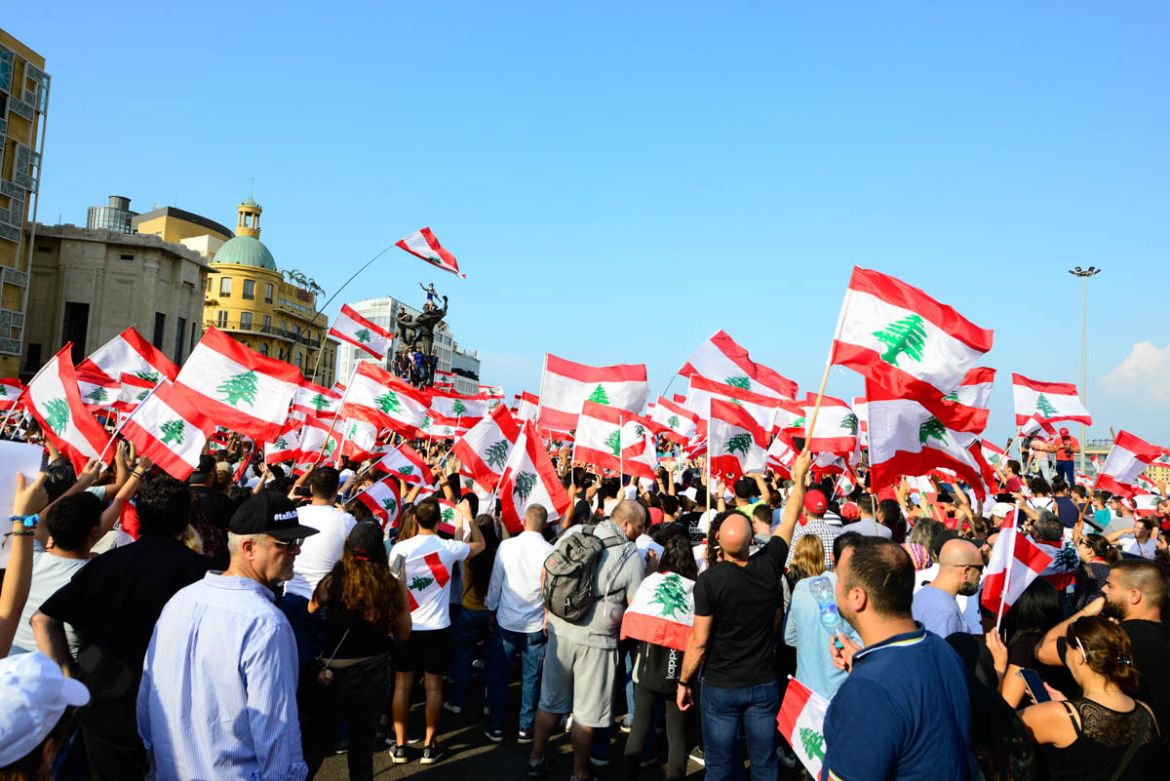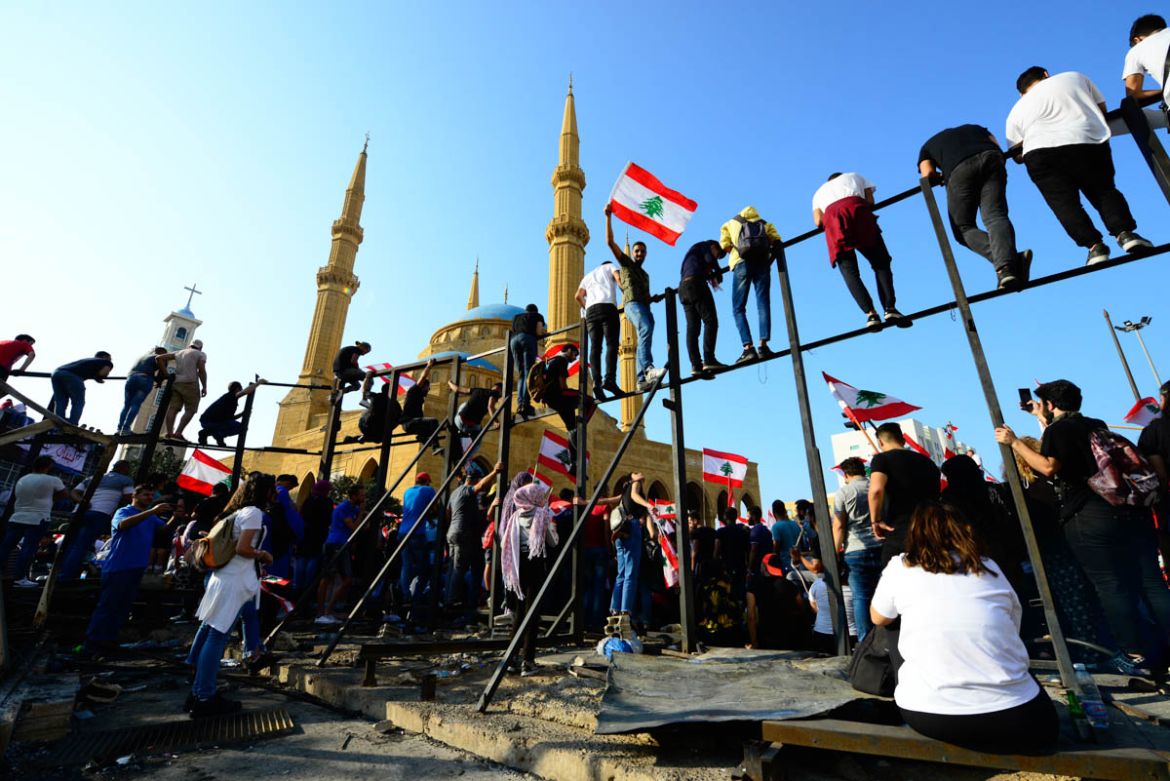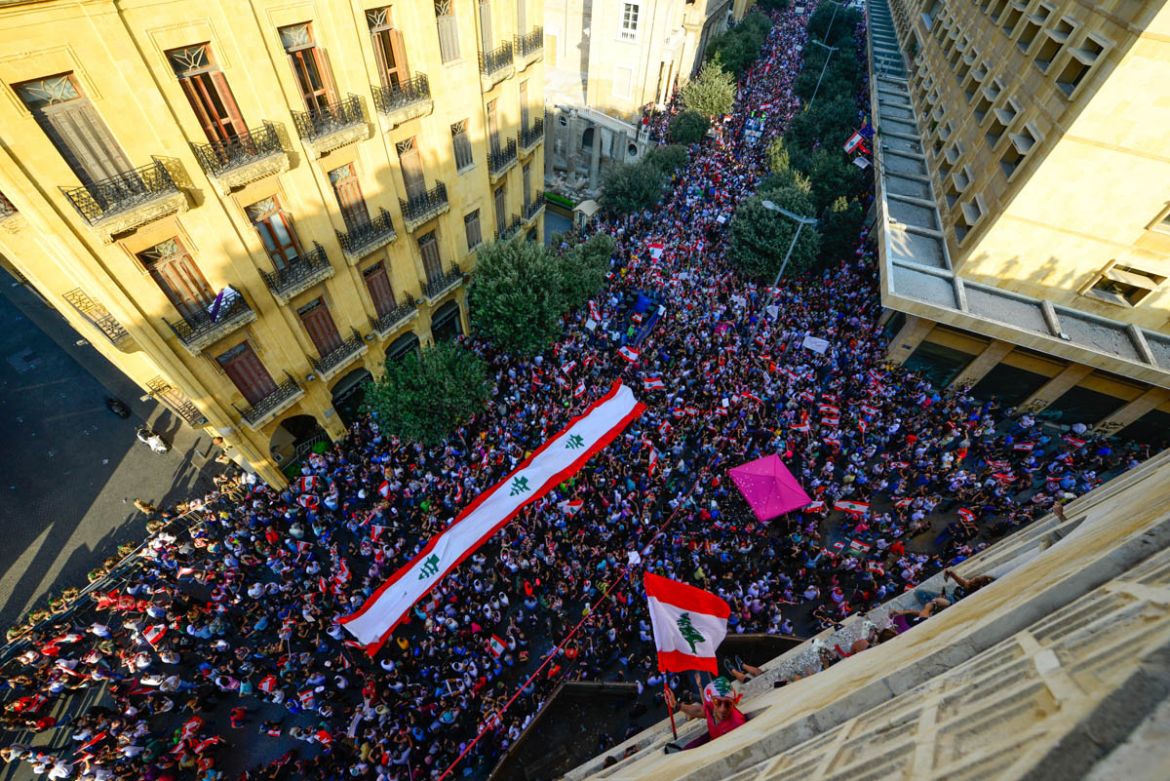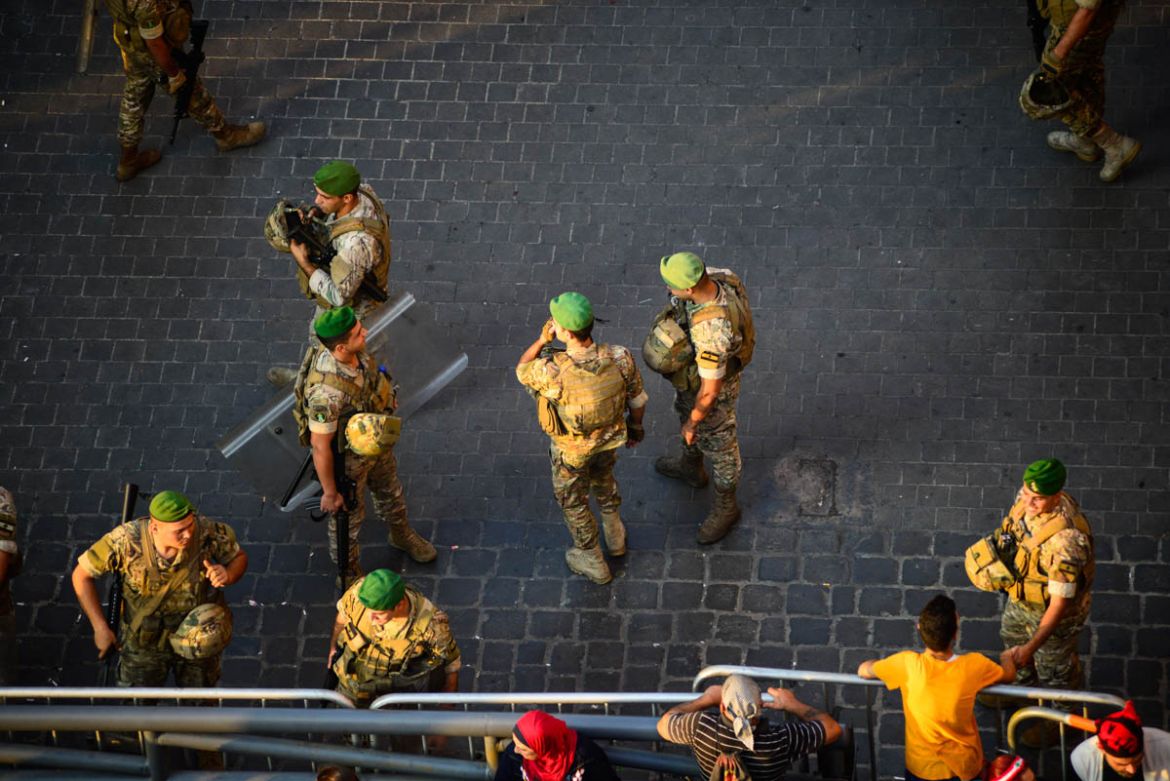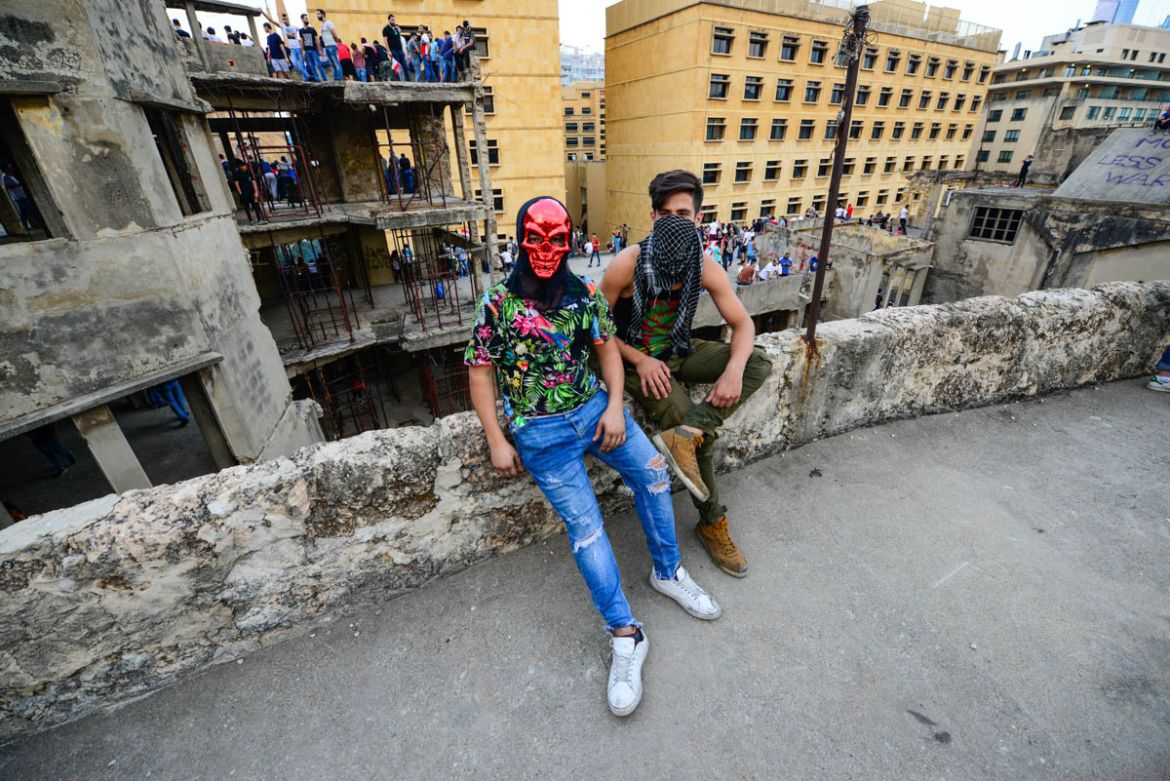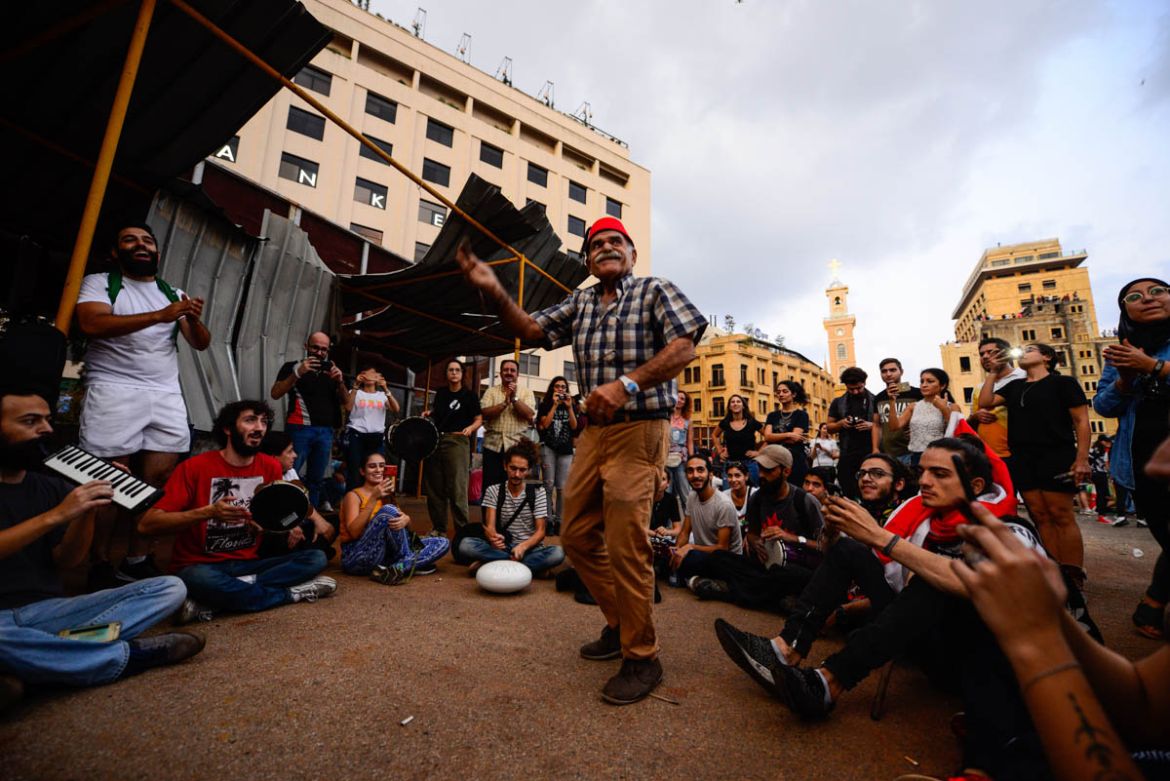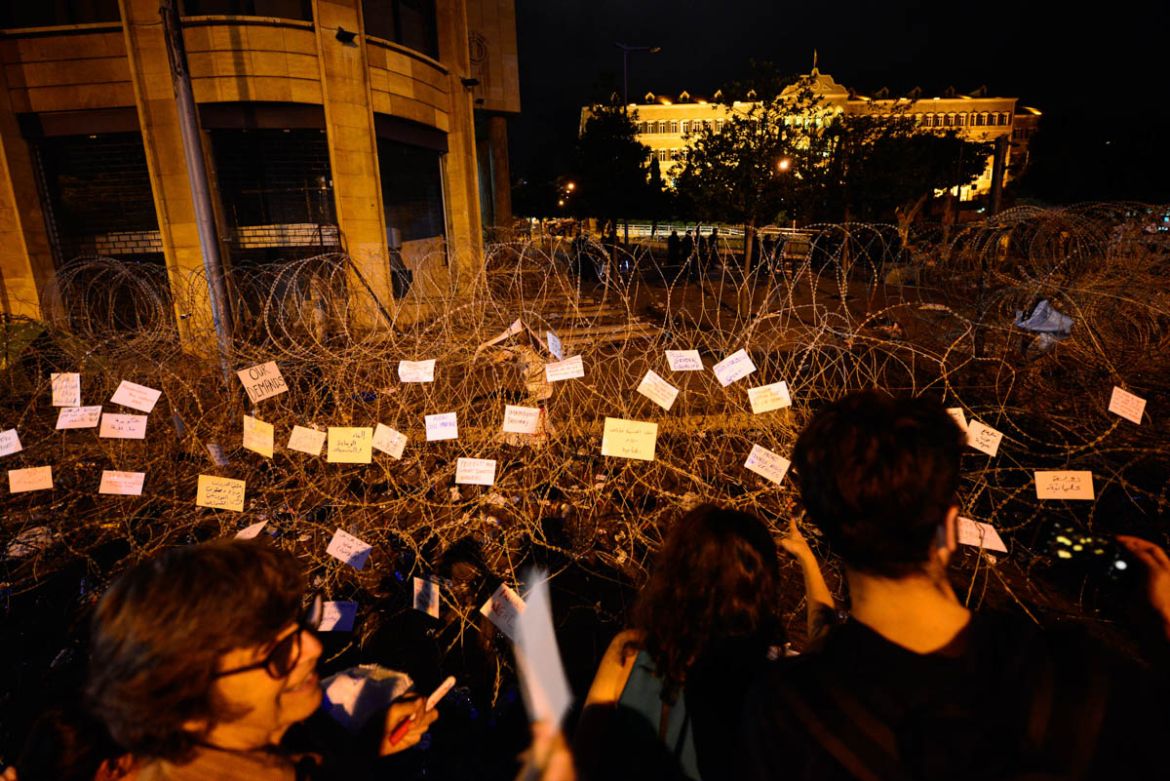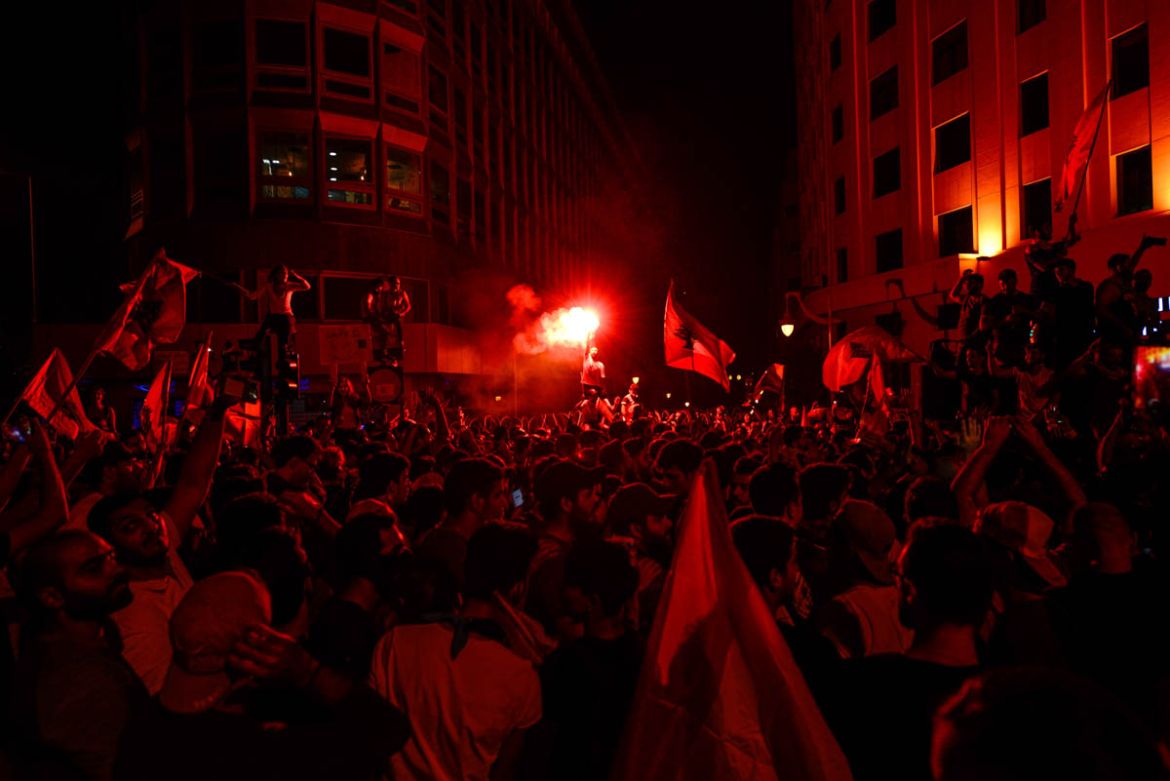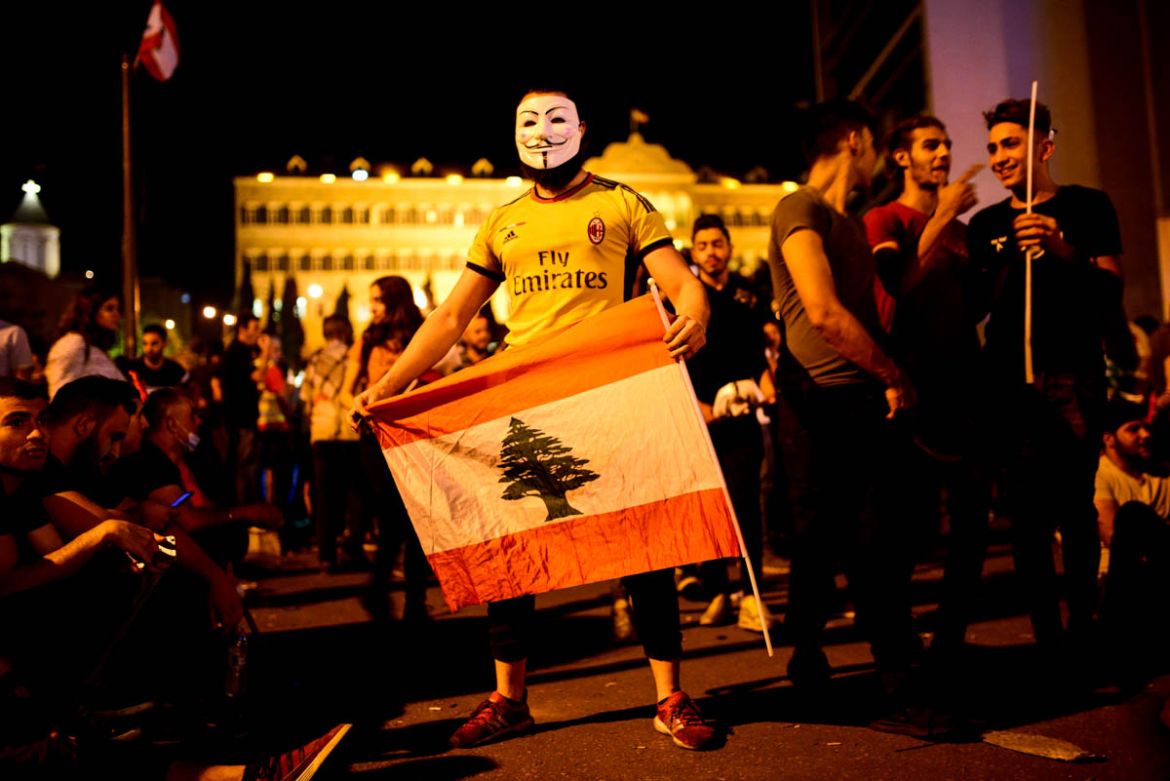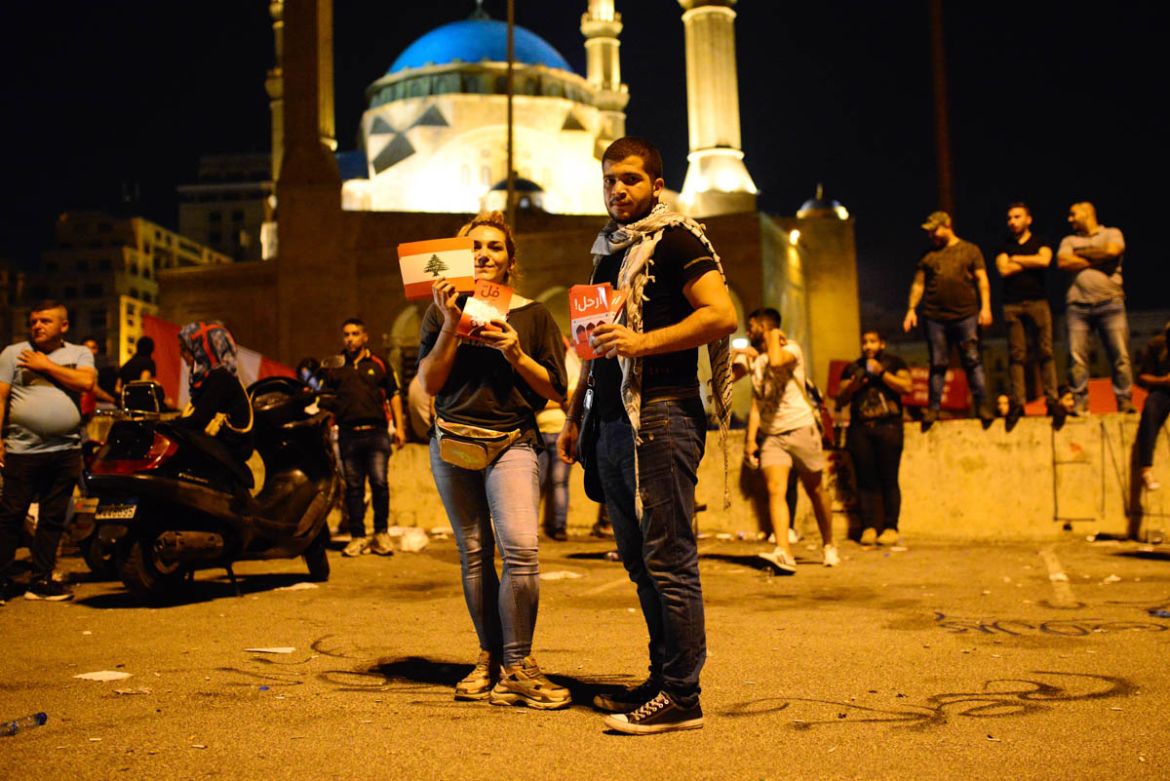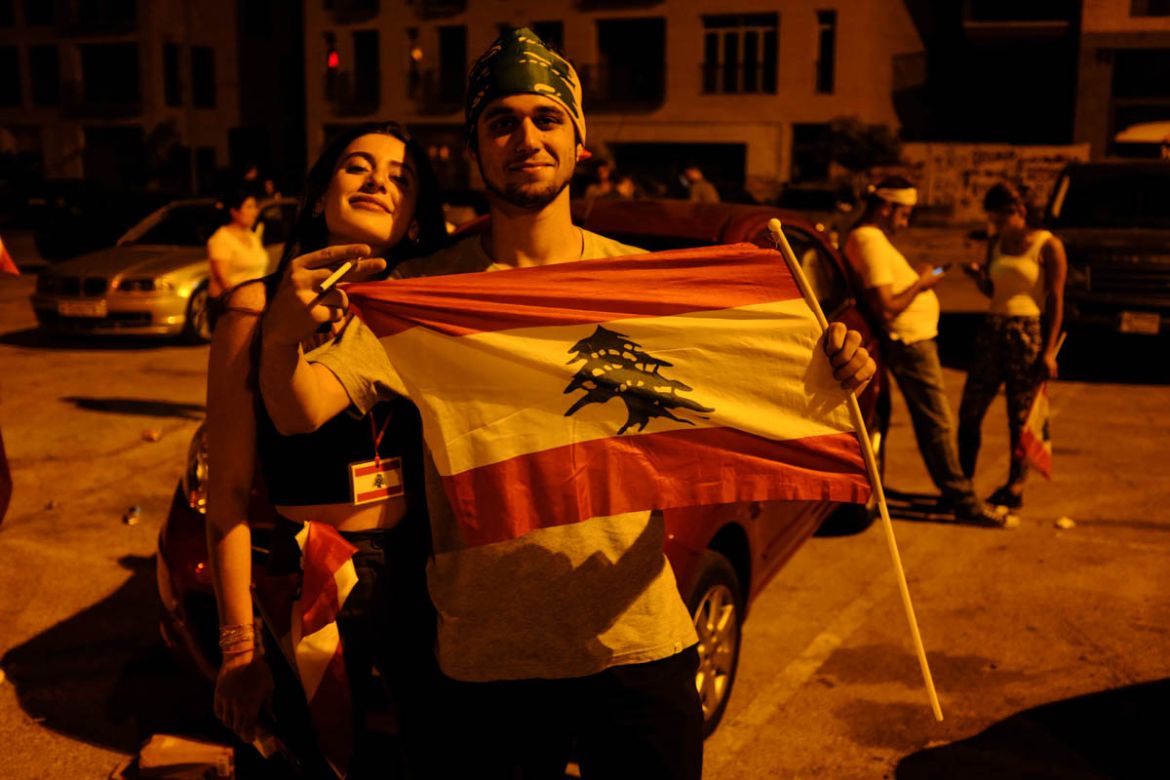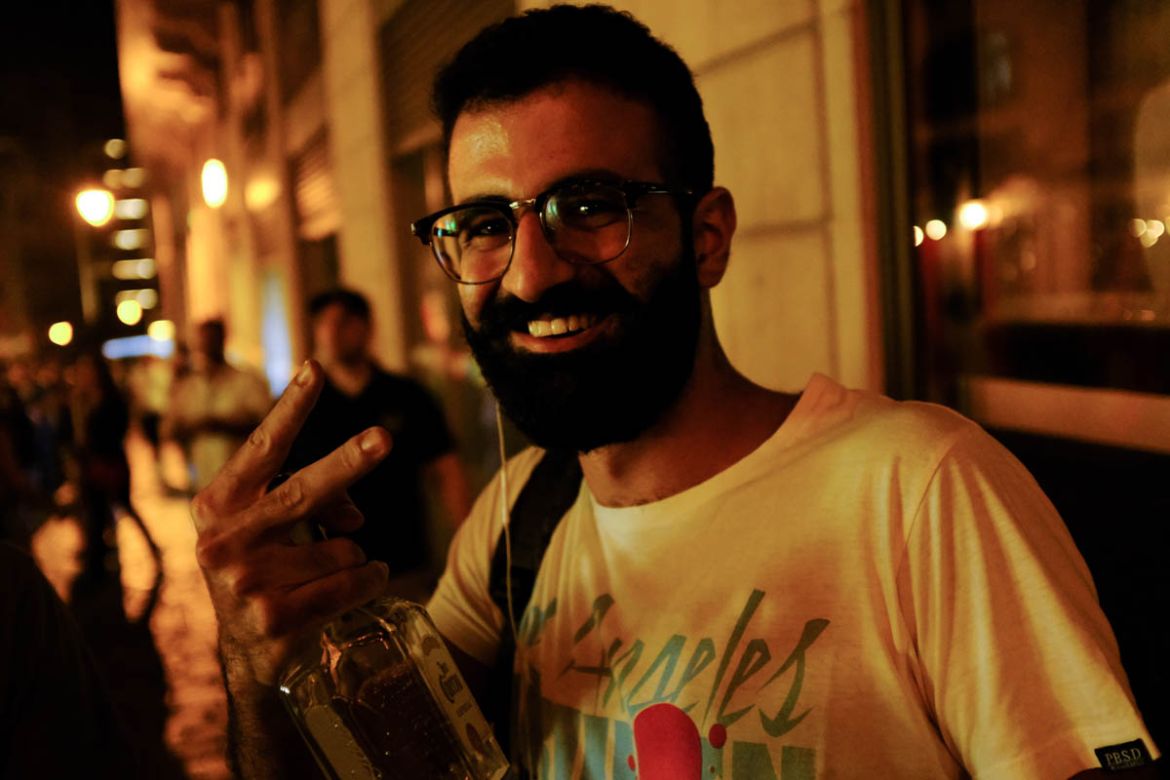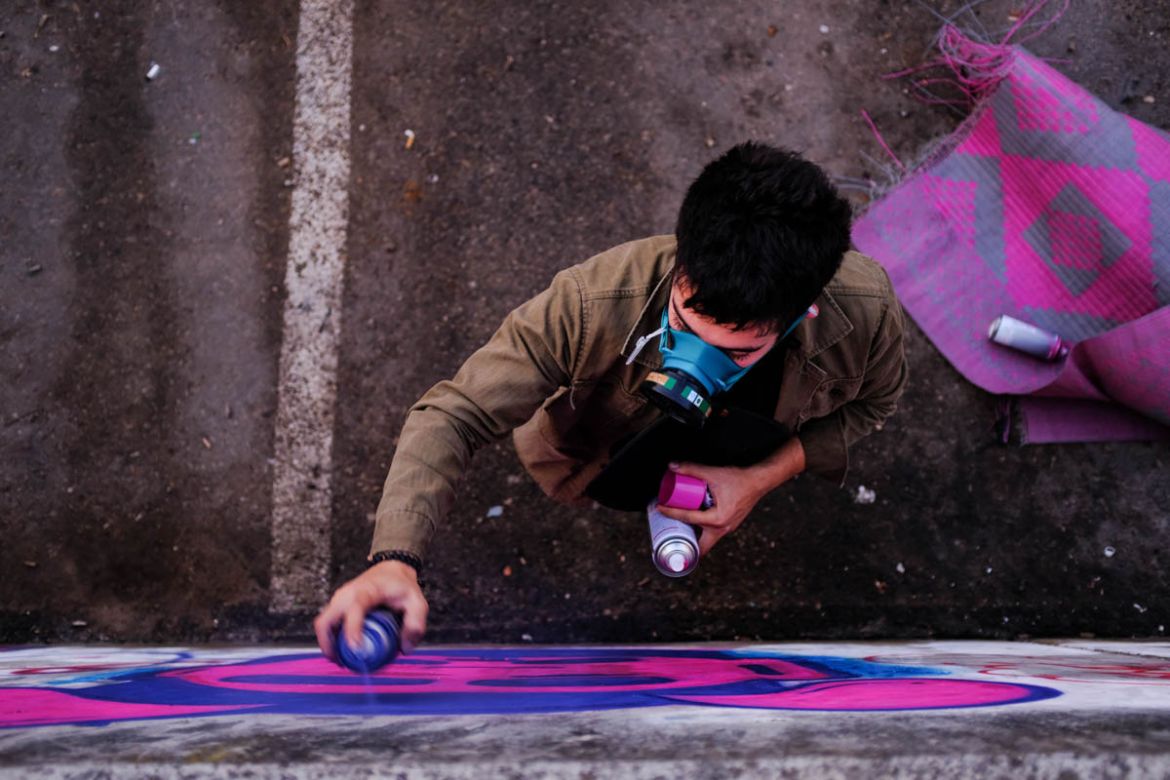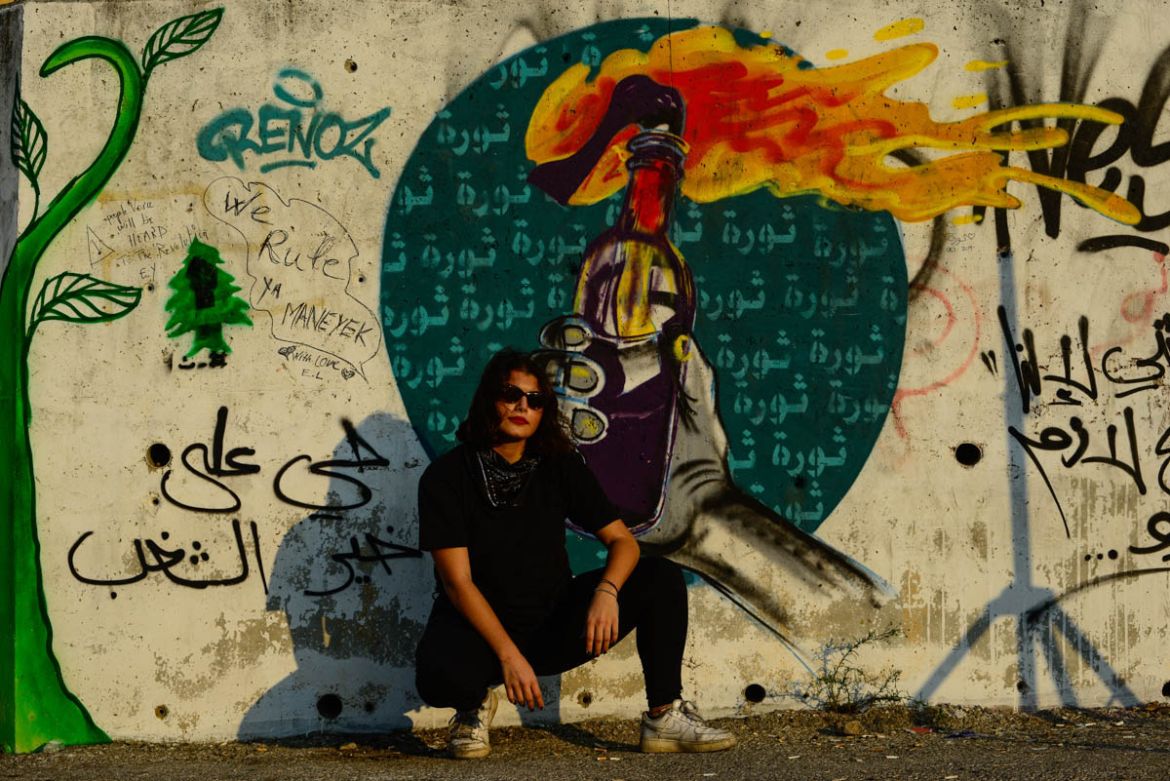In Pictures
In Pictures: In Beirut, a revolution in unity over corruption
Much of central Beirut was at a standstill for almost a week after what started as protests over WhatsApp tax.
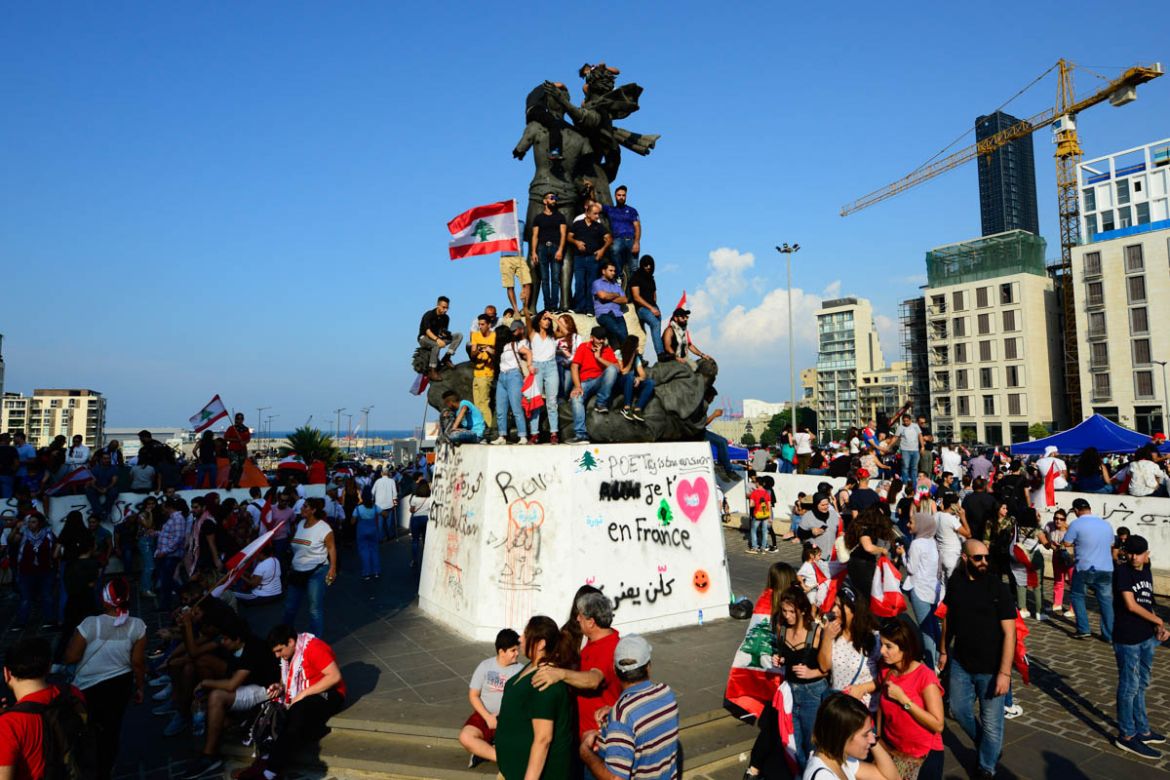
Beirut, Lebanon – “The WhatsApp tax isn’t why we’re revolting,” Lebanese student Jeremy Ouaiss said on his way to a protest party in central Beirut.
“This has been building for so long. We are all Lebanese, and we all know they’ve been stealing from us for years and years.”
For almost a week, much of central Beirut has been at a standstill over a since-reversed government plan to implement a $6 monthly tax on WhatsApp users, among other questions being asked of the government.
Within the body of the protests, Lebanon’s youth said it was a ploy to siphon money from students and the unemployed. But they also emphasise that the tax acted as the tipping point following years of government corruption and economic hardship.
In the first two days, security services clashed with demonstrators in small sporadic bouts of violence, with major roads being blocked around the city and the airport.
But by the third afternoon, as more than a million people marched towards Beirut’s Martyrs’ Square, the mood mellowed and broke into a revolution of festivities, as Christians, Muslims and Druze found solidarity under the national flag.
Street corners became host to entrepreneurial vendors selling shisha, flags and Halloween masks, creating a “tax-free rebel economy”.
Derelict buildings, closed off since being destroyed in the civil war, opened en-masse to urban explorers who sought a spot away from the packed streets.
And the pristine walls in Beirut’s wealthy Downtown district became canvasses for graffiti artists now unshackled to issue the movement’s demands for revolt, resignations, and a secular state.
